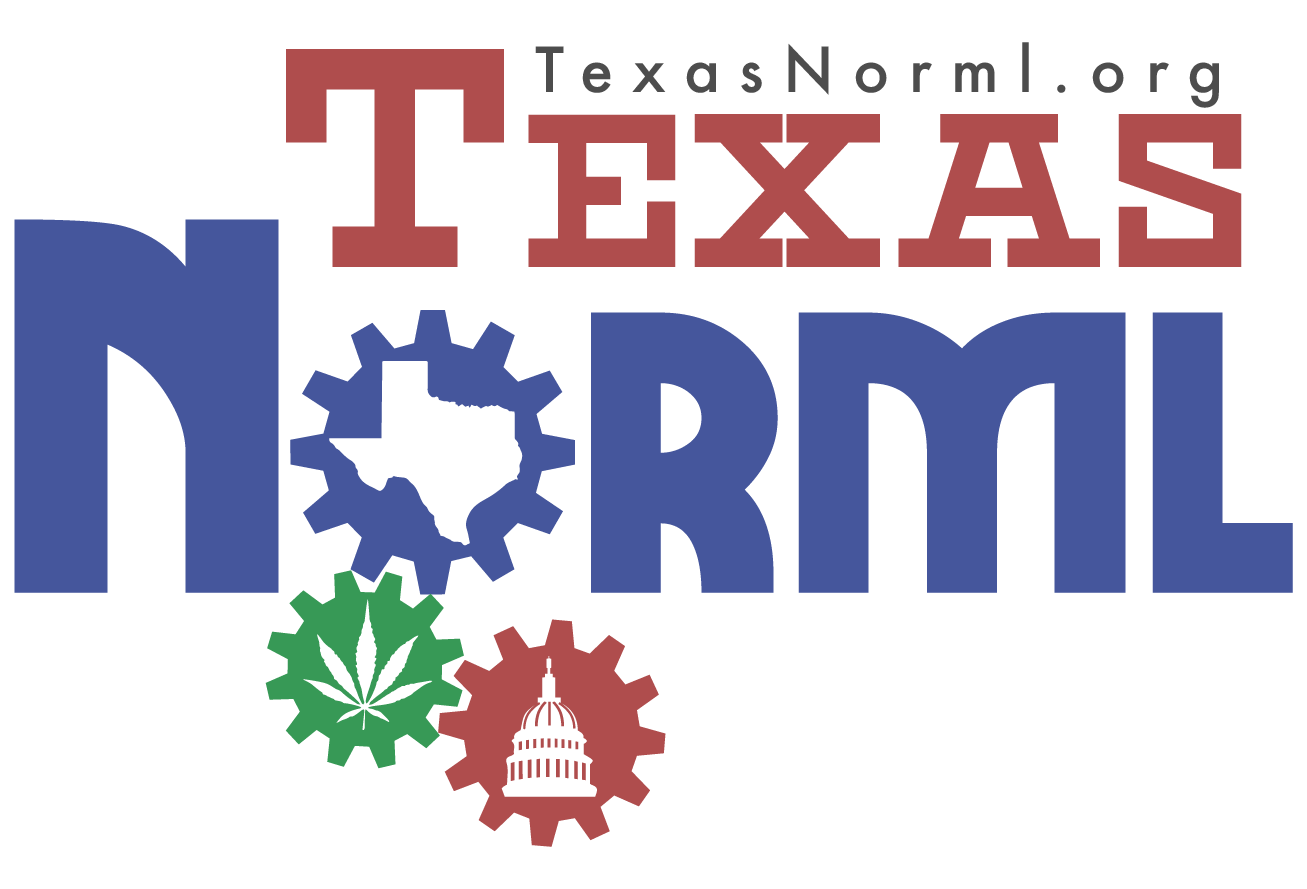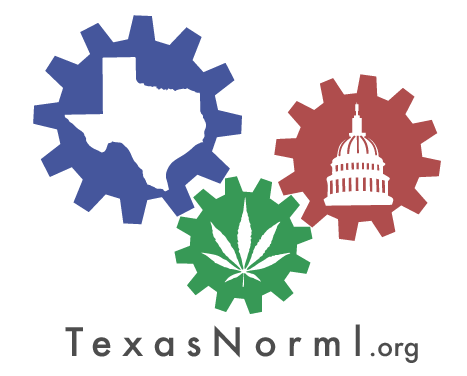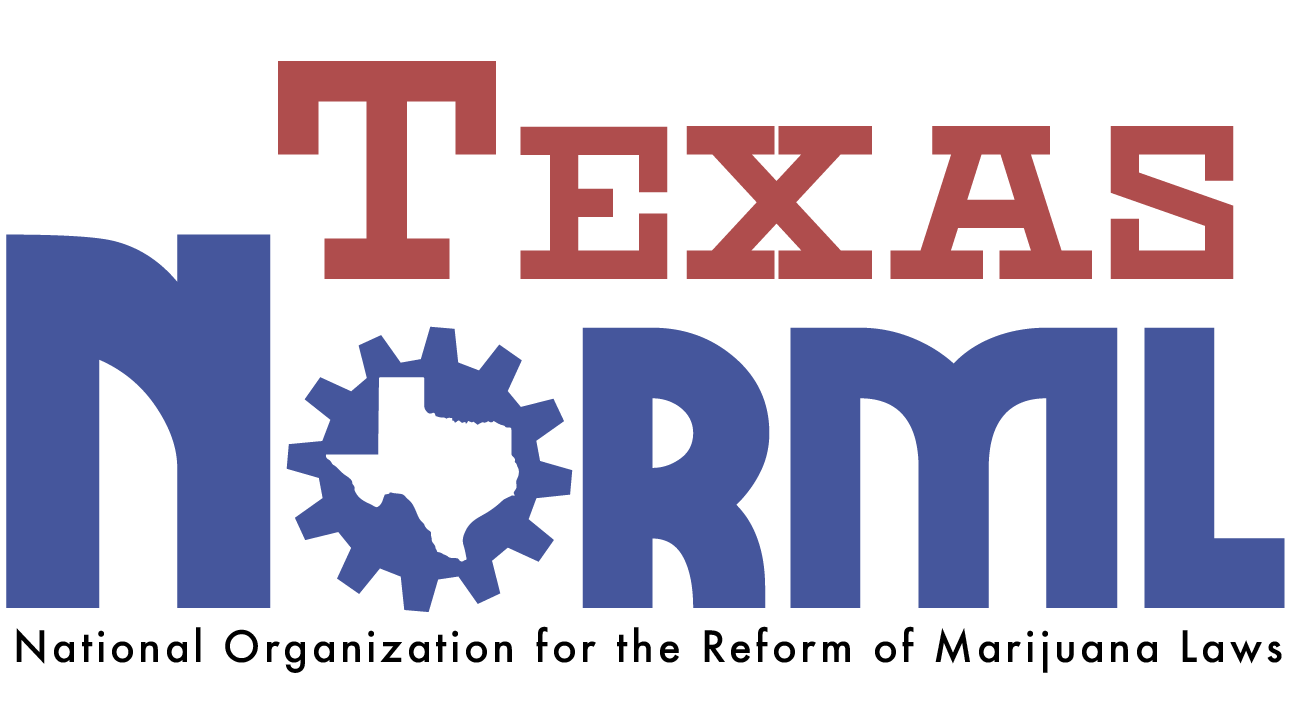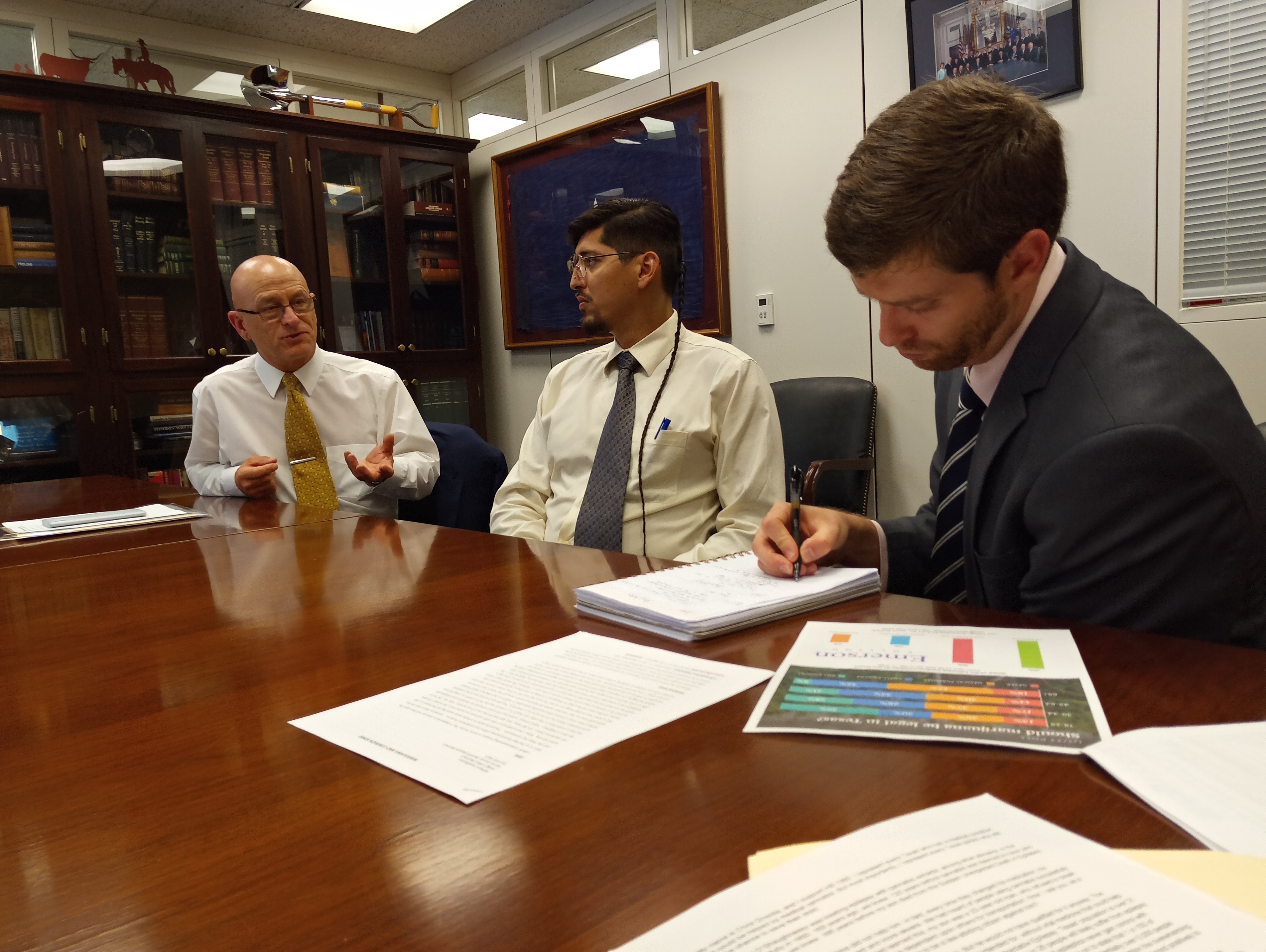TX NORML open meeting notes, April, 7, 2010
During last month’s meeting we covered these stories:
-Marijuana Legalization Questions Excluded From YouTube Presidential Forum
-New Hampshire: Committee Approves Marijuana Decriminalization Measure
-’Gold Standard’ Studies Show That Inhaled Marijuana Is Medically Safe And Effective
-State-Funded Clinical Trials Show Cannabis Eases Neuropathic Pain And Spasticity, Landmark Report Says
-DC Lawmakers Debate Authorizing Medical Marijuana Dispensaries
-Rhode Island: Decriminalizing Marijuana Could Save Nearly One Quarter Of A Million Dollars Annually
-Washington: Senate Lawmakers Expand Medical Marijuana Law
-Weeding Through The Hype: Interpreting The Latest Warnings About Pot and Schizophrenia
Recap of last month’s events:
-St. Patrick’s Day, Wednesday, March 17th, at the Mellow Mushroom
-Friday & Saturday, March 19-20, 2:00pm-5:00am, at Ruta Maya, ATX Wildfire!!
Over the course of these 2 days, more than 20 bands, more than 24 hours of music
-High Times SXSW Doobie Awards Party, Sunday, March 21st
-Friday, April 2nd, at Ruta Maya for Ras Kimry’s musical debut
Now for the news from the past month:
Imposition Of Punitive Punishments For Student Drug Test Failures Conflict With Federal Guidelines
Chapel Hill, NC: More than one-half of school districts that randomly drug test their students impose punitive punishments for test failures that are contrary to federal advisory guidelines, according to a national study published in the Journal of School Health and summarized in the January 2010 online edition of the NIDA (National Institutes on Drug Abuse) News Scan.
Researchers at the Pacific Institute for Research and Evaluation in North Carolina analyzed data from a national sample of 1,922 school districts, of which 205 administered suspicionless drug testing programs to the student body. Authors found that more than half of the districts that enacted random drug testing imposed severely punitive punishments upon those students with test failures.
Many districts “reported consequences contraindicated by federal advisory guides, such as notifying law enforcement officials (45.1%) and suspending the student from an athletic team (65.0%) or from school (31.0%),” investigators reported – noting that schools that contacted police following a positive test result engaged in “a serious breach of protocol.”
Rhode Island: Senate Commission Backs Decriminalizing Marijuana
Providence, RI: Members of a special Senate committee last week called on lawmakers to decriminalize adult marijuana possession offenses.
“Rhode Island should adopt a decriminalization policy,” the Senate panel concluded. Lawmakers last year called for the creation of the panel to review the state’s marijuana policies and make recommendations to the legislature.
Rhode Island Lawmakers Introduce State’s First Ever Marijuana Legalization Bill
House lawmakers on Wednesday for the first time introduced statewide legislation that seeks to legalize the production, distribution, and personal use of marijuana for adults age 21 and older.
As introduced, House Bill 7838: The Taxation and Regulation of Marijuana Act, would exempt adults from any statewide criminal or civil penalty for the possession of up to one ounce of marijuana, the not-for-profit transfer of small amounts of marijuana, and/or the cultivation of up to three marijuana plants. The proposal also establishes licensing requirements for the commercial cultivation and distribution of marijuana via retail facilities. Licensed commercial producers will be imposed a $50 per ounce excise tax under the measure.
Under current law, the possession of any amount of marijuana is a criminal misdemeanor punishable by up to one year in jail and a $500 fine. The cultivation or sale of marijuana of any amount of marijuana is classified as a felony offense, punishable by up to 30 years in prison and a $100,000 fine.
In February, lawmakers introduced separate legislation – H. 7317 – which seeks to reduce minor marijuana possession offenses to a civil offense punishable by no more than a $150 fine.
A special legislative task force is conducting an ongoing review of the state’s marijuana policies. The nine-member panel is required to issue its recommendations to the legislature by March 31, 2010.
Similar marijuana legalization bills have been debated already this year in California, Massachusetts, New Hampshire, andWashington.
NORML Foundation To Relaunch NYC Times Square Ad Campaign “Money Can Grow On Trees,”, thanks to pressure on CBS to allow the ad!
Thanks to everyone who signed the petition!
In January, CBS and the NORML Foundation entered into a contractual agreement to air the NORML Foundation ad, beginning on February 1, 2010. However, representatives from CBS and Neutron Media abruptly pulled the ad prior to its scheduled air date, stating that its content did not comply with the network’s outdoor advertising standards.
Last month, representatives from the political advocacy organization Change.org organized an online petition targeting CBS Broadcasting and demanding the network to reverse their decision. Nearly 10,000 people signed and sent the petition.
CBS formally changed their position shortly after receiving the petitions.
The NORML Foundation’s ‘Money Tree’ ad will appear eighteen times per day on the CBS’s digital billboard, located on 42nd Street. Approximately 1.5 million people walk by the billboard each day.
Medical Cannabis Use Doesn’t Adversely Impact Substance Abuse Treatment Outcomes, Study Says
Arcata, CA: The physician-supervised use of medical marijuana does not adversely affect the outcomes of individuals enrolled in substance abuse treatment programs, according to clinical trial data published last week in the Harm Reduction Journal.
An investigator at Humboldt State University in California assessed whether medical cannabis use was associated with negative outcomes in patients referred to a substance abuse treatment program.
The study reported that treatment outcomes for medically authorized cannabis users were comparable to those of subjects who were not supervised to use the drug.
Washington: Legislature Expands Medical Marijuana Law
Olympia, WA: House and Senate lawmakers approved legislation last week to expand the state’s nearly twelve-year-oldmedical marijuana law.
As approved, Senate Bill 5798 will allow additional health care professionals – including naturopaths, physician’s assistants, osteopathic physicians, osteopathic physicians assistants, and advanced registered nurse practitioners – to legally recommend marijuana therapy to their patients.
Under present law, only licensed physicians may legally recommend medicinal cannabis.
Washington lawmakers are the first legislators to codify these expanded recommendation rights into state law.
New Hampshire: House Passes Marijuana Decriminalization Measure
Concord, NH: House lawmakers last week voted 214 to 137 in favor of legislation to decriminalize minor marijuana possession offenses.
House Bill 1653 would reduce criminal penalties on up to one-quarter ounce of cannabis from a misdemeanor (punishable by up to one year in jail and a $2,000 fine) to a fine-only offense.
The measure now goes to the Senate for further action. If enacted by the Senate, the measure will be before Democrat Gov. John Lynch, who has threatened to veto the proposal, saying, “Marijuana is a controlled drug that remains illegal under federal law, We should not make the jobs of parents – or law enforcement – harder by sending a false message that some marijuana use is acceptable.”
To date, thirteen states have decriminalized the personal use and possession of marijuana by adults, and according to a 2009 University of Washington study, “There is no evidence that the decriminalization of marijuana by certain states … caused an increase in marijuana use or related problems.”
Hawaii: Marijuana Law Reform Bills Pass Senate, Move Forward In House
Honolulu, HI: Senate lawmakers recently passed a series of measures seeking to amend the state’s marijuana laws.
Senate Bill 2450 seeks to reduce minor marijuana possession penalties from a criminal misdemeanor, punishable by up to 30 days in jail and a $1000 fine, to a civil infraction punishable by a fine only.
Senate Bill 2213 would amend Hawaii’s nearly ten-year-old medical marijuana law by allowing for the establishment of licensed ‘compassion centers’ to engage in the regulated and controlled production and distribution of cannabis for state-authorized patients.
Senate Bill 2141 seeks to increase the quantities of medical marijuana that a patient may legally possess at any given time to ten cannabis plants and/or five ounces.
Hawaii Republican Gov. Laura Lingle has yet to publically comment on the measures, but has vetoed past efforts to reform the state’s marijuana laws.
Medical Marijuana Legalization Measure Qualifies For South Dakota Ballot
Pierre, SD: State officials announced last week that proponents of a statewide initiative to allow for the physician-supervised use of medical marijuana have turned in sufficient signatures to qualify for this November’s electoral ballot.
the South Dakota Coalition for Compassion, collected over twice the number of signatures necessary to place the proposal on the 2010 ballot.
If approved by voters, Measure 13 – the South Dakota Safe Access Act – would exempt state criminal penalties for the possession of up to one ounce of marijuana or six plants by authorized patients.
In 2006, voters narrowly rejected a similar proposal – marking the only time that citizens have rejected a statewide medical marijuana legalization proposal.
Fourteen states have enacted medical marijuana laws since 1996; ten have done so by voter initiative.
California: Marijuana Depenalization And Regulation Measure Qualifies For November Ballot
Los Angeles, CA: Election officials on Wednesday affirmed that proponents of a statewide ballot measure to eliminate criminal penalties on the adult personal possession and cultivation of marijuana have gathered enough valid signatures to qualify for the 2010 November ballot.
Proponents of the measure – the Regulate, Control and Tax Cannabis Act of 2010 – collected nearly 700,000 signatures in favor of the measure, over 60 percent more than the total number required by state law.
The measure will allow adults 21 years or older to possess, share or transport up to one ounce of cannabis for personal consumption, and/or cultivate the plant in an area of not more than twenty-five square feet per private residence. It would also permit local governments the option to authorize the retail sale of marijuana and/or commercial cultivation of cannabis to adults and to impose taxes on such sales. Personal marijuana cultivation or not-for-profit sales of marijuana would not be taxed under the measure.
The proposal will continue to prohibit citizens from possessing marijuana on school grounds, consuming cannabis in public or smoking while minors are present, or providing it to anyone under 21 years old.
The measure will not alter or amend any aspect of the California Health and Safety code pertaining to the use of marijuana for medical purposes, when such use is authorized by a physician.
New York City: Pot Arrests For 2009 Second Highest Total Ever
New York, NY: City police made over 46,000 arrests in 2009 for marijuana possession in public, according to statistics from the New York State Division of Criminal Justice Services, and analyzed by Queens College sociologist Harry Levine. The annual arrest total is the second highest in the city’s history, and is up over 4,600 percent from 1990, when police reported fewer than 1,000 pot arrests.
New York city police made 46,400 lowest level marijuana possession arrests [NY State Penal Law 221.10] involving cases where marijuana was either used or possessed in public. Of those arrested, 54 percent were African American, 33 percent were Hispanic, and only ten percent were Caucasian.
African-Americans and Hispanics together comprise approximately half of the city’s population.
Commenting on the racial disparity in arrests rates, Levine said, “Police arrested blacks for pot possession at seven times the rate of whites, and Latinos at four times the rate of whites.”
Levine further noted 90 percent of those arrested were male, and most offenders were under 26-years-old. In all of the arrests, marijuana possession was the most serious reported charge or the only one.
The NYCLU study estimated that marijuana arrests in New York City cost taxpayers between $50 million and $90 million annually.
Guest speaker, Amy Jo Fowler:
Now we have a guest speaker tonight, Amy Jo Fowler, here to talk about some developments within the Travis County Democratic Party in regards to it’s official stance on marijuana.
Amy Jo contacted me awhile back with questions about composing a resolution, and to provide some information that could be used in that resolution.
I’ll let her tell you all what has happened since then, and after that I’ll talk to you about our upcoming events.
Upcoming Events:
Austin Reggae Fest, Apri 16-18, at Auditorium Shores. Gates at 3pm on Friday, and noon on Saturday & Sunday.
Tix are $12.50 in advance at all local Planet K head shops, or $15 at the gate
4/20 at Stubb’s with Texas NORML, Slightly Stoopid, & Del tha Funkee Homosapien, and I believe that it is sold out. If not, there are very few tix left at $25
AND, also 4/20
Beauty Bar, 333 E. 7th, just west of I35, with a ZZTop cover band and DJ’s, not sure about cover charge
We would also like to recruit a small street team to hand out handbills for the Texas Cannabis Crusade at Flamingo Cantina on 4/20, where the Sierra Leone Refugee Alstars will be performing. If you are interested in helping us out on this, please stop by our table and talk to one of our Board Members about it, and thanks!
May 1st, 3rd Annual Texas Cannabis Crusade!



